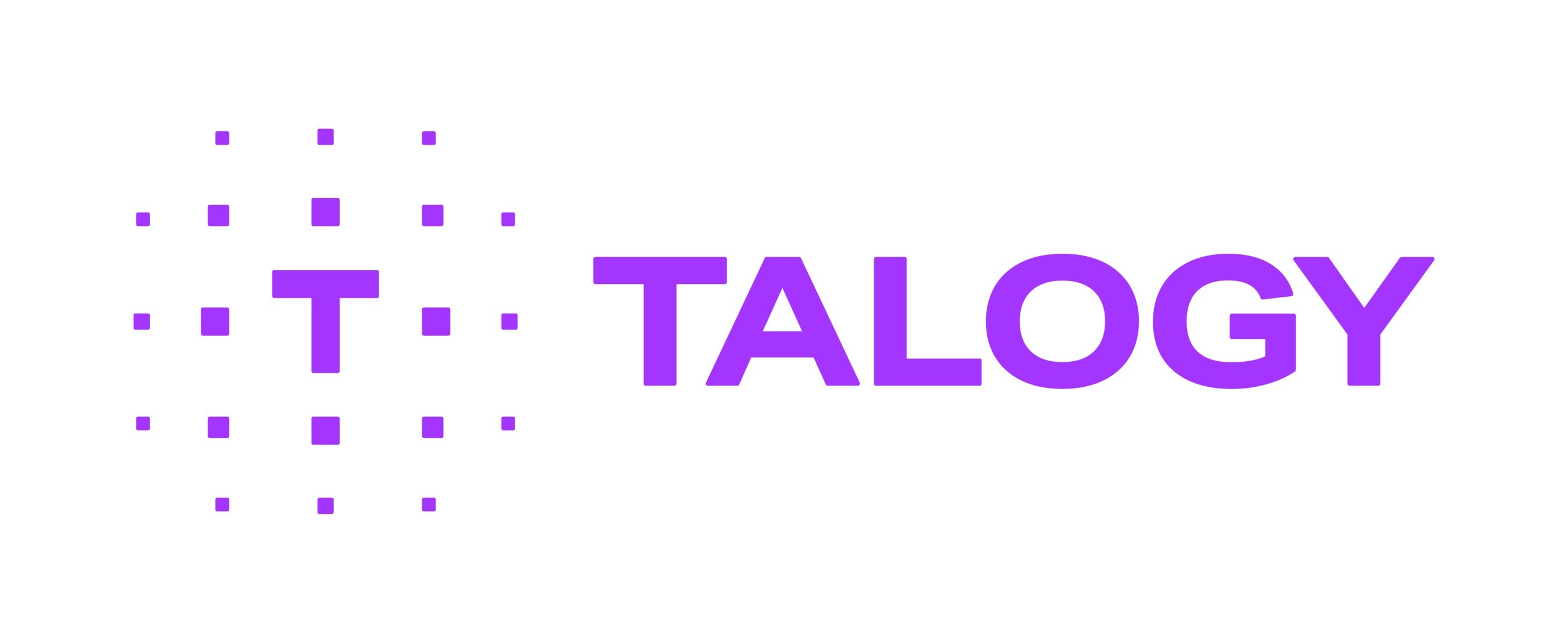 PRNEWSWIRE
PRNEWSWIRE

GLENDALE, Calif., Nov. 13, 2024 /PRNewswire/ -- New research from Global Talent Management firm, Talogy, highlights a disparity between the immediate hiring requirements in organizations and what early careers professionals are seeking.

The research, Hiring Future-Ready Early Talent, surveyed more than 1200 managers, recent employees, and early career seekers across the world. It found that organizations are more focused on immediately plugging the gap than providing some of the longer-term opportunities for their development. However, candidates are increasingly looking for higher salaries and the opportunity for learning and development, both of which have taken a back seat following the pandemic and cost of living crisis.
Learning Agility was seen as an important competency by early careers professionals, yet it didn't feature in the top 10 of capabilities required by hiring managers. What's more, hiring managers favored candidates who are an overall good fit - for the skills and competencies of the role, as well as how they work within a team and the organizational culture. Indicating a requirement for candidates to be able to hit the ground running.
This disparity between candidate expectation and immediate organizational need, can lead some candidates to feel the recruitment process has lost its personal touch with an over-reliance on assessments and less emphasis on personal connection. This leaves little opportunity for them to demonstrate transferrable skills such as inter-personal skills or have a better understanding of the company and what it offers over the longer-term. This is important in early careers recruitment as candidates may not have had the opportunity for practical experience in their chosen career, particularly if they were unable to find work during lockdowns.
Alanna Harrington, managing consultant, at Talogy, and co-author of the research said: "Following the Great Resignation, there is a lot of competition for new talent and pressure on existing managers to quickly fill the gap. Hiring managers need to think more strategically, about what they want from candidates, the long-term goals of the organization, and how to be more engaging throughout the recruitment process.
"Early careers professionals need the opportunity to shine. Many new entrants to the marketplace have transferrable skills, from side-hustles to being very technology-savvy. They need the opportunity to be able to show what skills and competencies they bring to the table
"This research provides hiring managers with an insight into what it's like to be a young person embarking on their career and some of the barriers they face, so that hopefully the expectations of both candidate and employer align better."
Other findings from the research:
Most desired competencies: Communication, teamwork and problem-solving were in the top three desired competencies across territories, and across hiring managers and early career professionals.
What puts candidates off: Other people's bad experiences with a company is most likely to stop people applying for a role (73%). Other put-offs include: lack of information about the salary (70%), lack of information about the job role (64%), lack of flexibility in work arrangement (51%), negative publicity about an organization (48%), too many stages in the application process (45%).
Assessment experiences: 20% of early career professionals and job seekers had completed more than five assessments when looking for a new job, with many citing that they take too much time, and questioning whether they were worth the effort.
Most important factors when applying for a job: The three most important factors when applying for a job are: Salary/benefits (91%), Fit between interests and the role (77%), Opportunities for development (63%).
Remote and flexible working: 55% looked at location as an important factor when applying for a job, 54% favored flexible working, and 34% looked for remote working. Gen Z prioritized remote working far less than Millennials, and favored opportunities for development more.
Challenges for managers: Hiring managers find it particularly challenging to evaluate and compare candidates with no prior job history. With limited resources, they feel unable to meet the salary and benefits expectations of candidates. Many managers also find it difficult to onboard new recruits, with many needing a high level of training and mentoring, on top of the demands of the day-to-day work.
To download a copy of the research visit www.talogy.com
About Talogy
At Talogy, we're proud to be one of the world's leading talent management solution providers. Crafting personalized solutions to help select, develop, and transform talent and organizations worldwide. Partnering with organizations to truly understand their challenges, inside out to help them make the best data-driven people decisions. Combining 75+ years of expertise, our extensive content library, and innovative technology, we help clients find, build, and grow the best talent. www.talogy.com
CONTACT: Sally Goodall, sally@transformcomms.co.uk
Logo - https://mma.prnewswire.com/media/1727124/Talogy_Logo.jpg
![]() View original content:https://www.prnewswire.co.uk/news-releases/talogy-research-highlights-disparity-between-the-expectation-of-early-careers-professionals-and-hiring-managers-302298867.html
View original content:https://www.prnewswire.co.uk/news-releases/talogy-research-highlights-disparity-between-the-expectation-of-early-careers-professionals-and-hiring-managers-302298867.html



